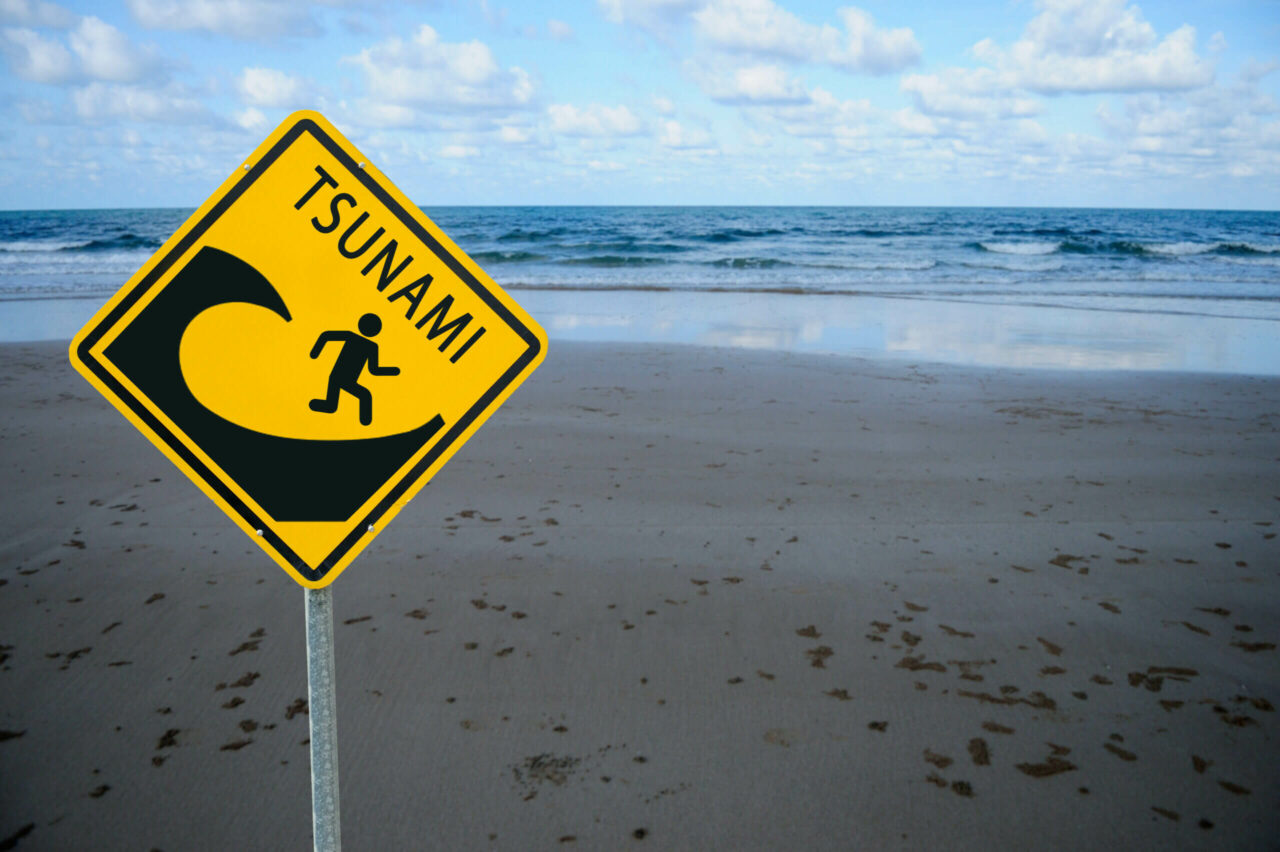Lead institution:
Decade Collaborative Centre for Coastal Resilience (DCC-CR)
Coastal regions encompass the land bordering the ocean, intertidal areas, and much of the continental shelf.
They are dynamic, densely populated and highly productive in both human economic and natural systems’ terms, yet are vulnerable to many factors including geohazards, pollution, climate change and sea level rise. Resilience can have many definitions, but broadly refers to capacity of the systems in question to recover following a disturbance, such as a tsunami.
The Decade Collaborative Centre for Coastal Resilience (DCC-CR) will contribute primarily to Challenge 6: Increase community resilience to ocean hazards. It will be broad, based across a range of disciplines, fully addressing at least six of the ten Decade Challenges, and covering many aspects of the other four.
The DCC will work in close collaboration with other Decade coordination structures focusing on related aspects of coastal resilience, including but not limited to the DCCs for Ocean-Climate Nexus, Ocean Prediction and Ocean-Climate Solutions.
Lead Contact: Nadia Pinardi, Director of DCC-CR (nadia.pinardi@unibo.it)
